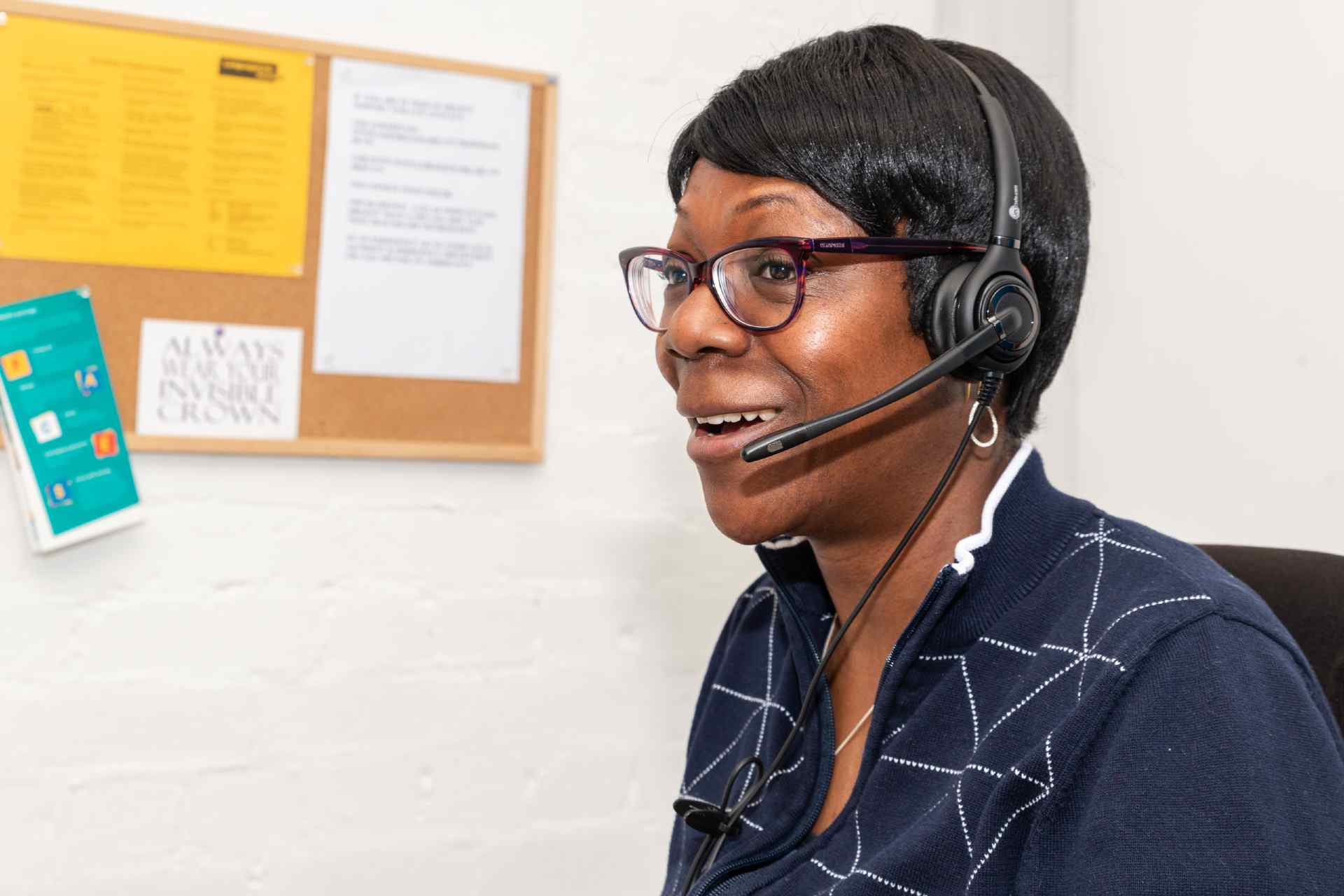I’m Oliver, and I have a condition called Neurofibromatosis type 1 (NF1), which causes tumours to grow along my nerves.
Recently, I was a long-term inpatient in a London hospital and was getting a bit tired of hospital food. Stepping outside for a break from hospital life, I came across a local eatery with delicious-looking food displayed in their windows. It was cash only, so I went to the machine around the corner and was back two minutes later to place an order.
To my shock, the staff asked me to leave. In their words, there had been complaints about me as my appearance was “scaring the customers.”
I was so stunned that I asked them to repeat what they said. They did, so I left. I went back to my ward where the hospital staff rallied around me to support me. My family did too. We worked on a plan of action and received advice from Citizens Advice Bureau to report the incident to the police.
If we don’t speak out, we can’t drive change.
The Metropolitan Police came to interview me on the day of one of my surgeries – as I was being taken to theatre. They classified it as a hate crime – in contravention of the Equalities Act of 2010.
I’ve always been aware that people with visible differences are often stared at or treated unfairly. Reflecting on my life, there have been moments where I’ve wondered whether my appearance influenced someone’s unconscious bias – for example, in job interviews. However, this was the first time I experienced such direct discrimination.
I’ve chosen not to pursue further action against the restaurant, but I do want to raise awareness of the types of appearance-related discrimination that people with visible differences can experience. I also want to inspire others to share their stories because the more awareness we raise about these hate crimes and incidents, the better. These behaviours should not be tolerated in modern Britain.
I understand some people might not want to “make a fuss” or worry they won’t be taken seriously, but if we don’t speak out, we can’t drive change. We need to build a movement around standing up against negative behaviours directed at our community and show that such actions won’t be accepted.
Representation of visible differences is still lacking. Normalising difference in media, on TV, and in daily life can help eliminate the discrimination that stems from it. I’m proud of the UK’s efforts to promote equality regarding gender, sex, race, and beliefs. It’s fantastic progress. But promoting equality for the visible difference community is just as important, and we still have a long way to go.
Oliver discusses his experiences with Adam Pearson for PDA Dad UK.

